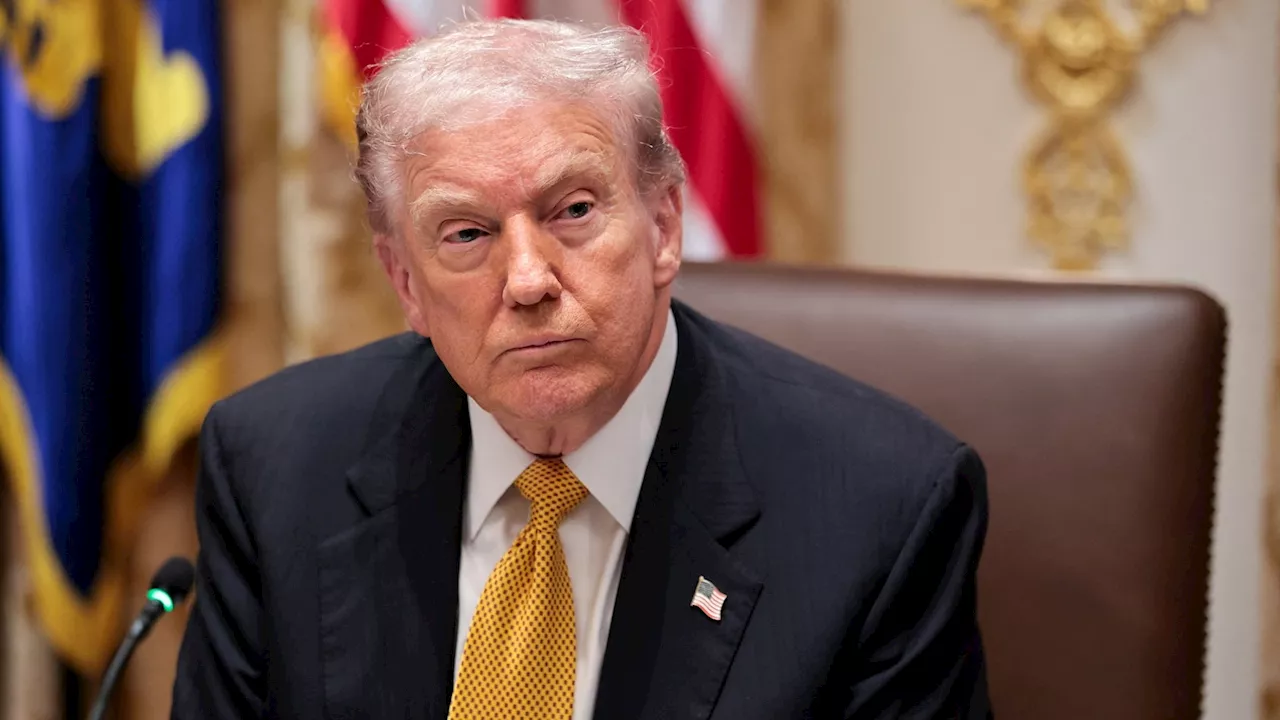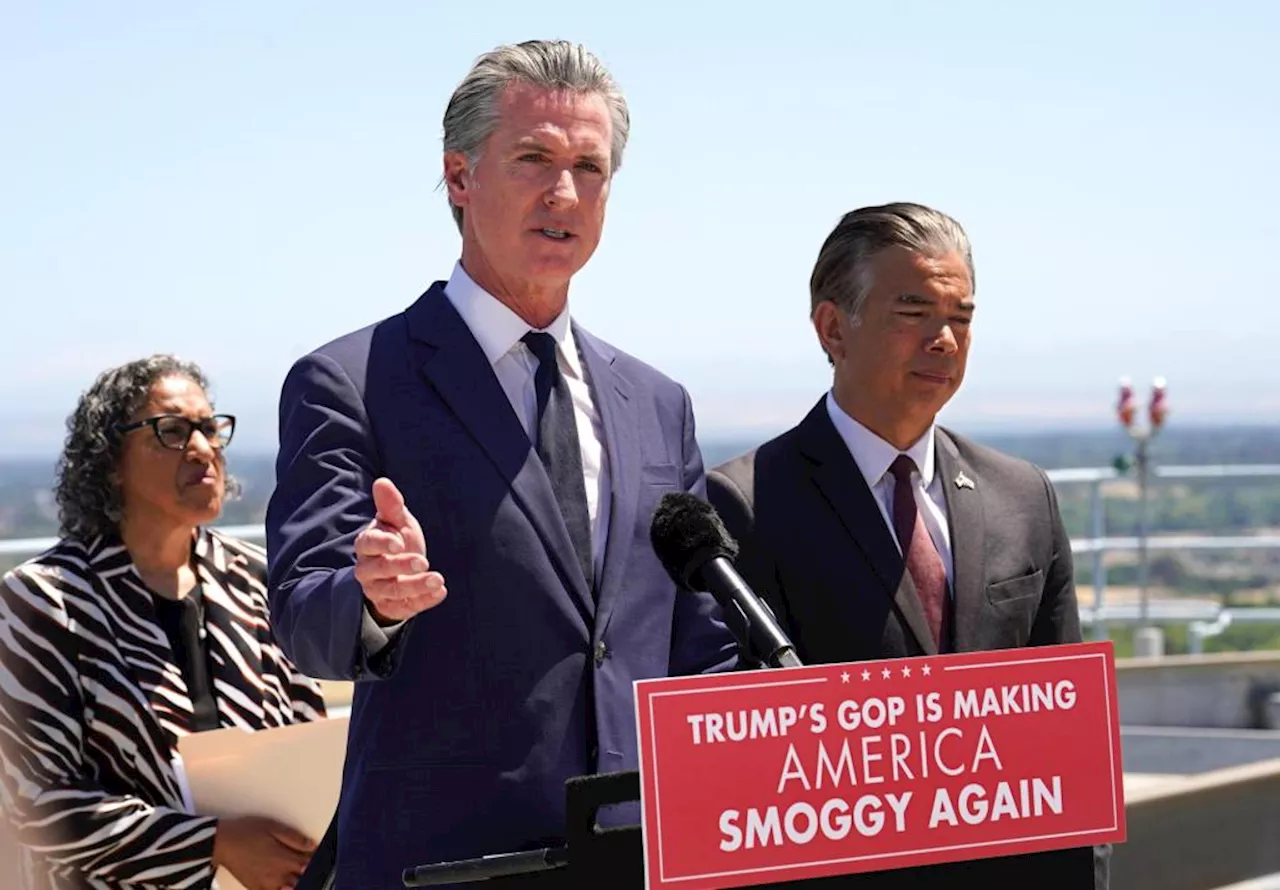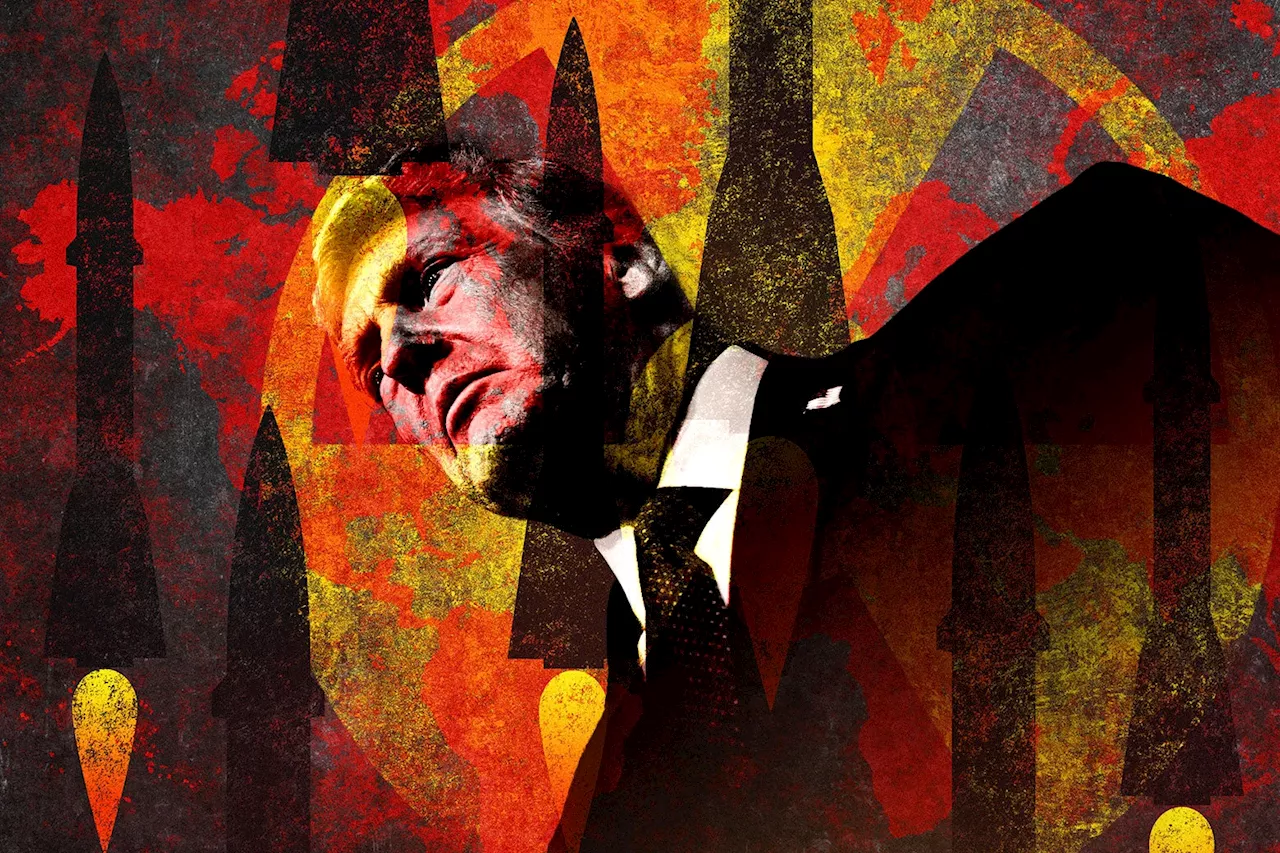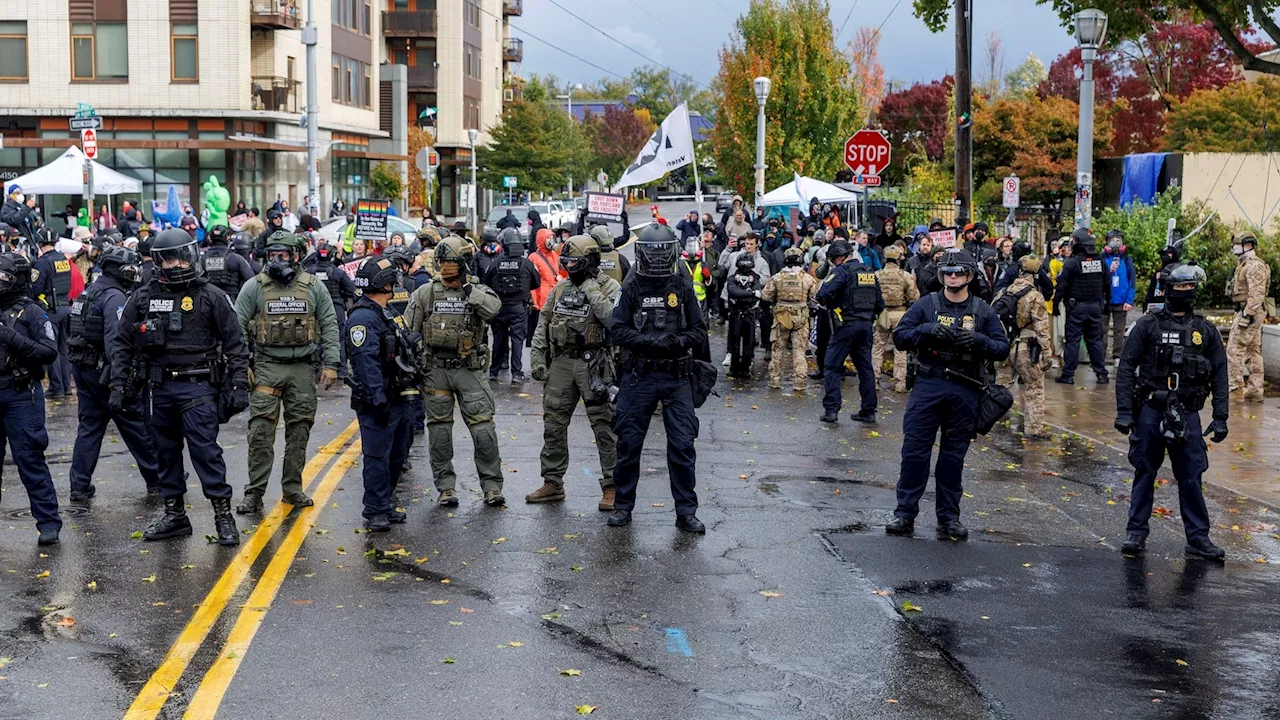The Trump administration has filed an appeal against a federal court’s directive requiring full funding for the Supplemental Nutrition Assistance Program (SNAP) for November. In a contentious legal battle, the government argues that complying with the order would cause greater harm to federal interests than the potential hunger faced by millions of low-income Americans.
The appeal comes after Judge John J. McConnell Jr. ruled that the U.S. Department of Agriculture (USDA) must utilize existing funds to provide full SNAP benefits, which support approximately 42 million Americans. The administration’s appeal was submitted to the 1st Circuit Court of Appeals and included a similar request for emergency relief to the Supreme Court on the evening of November 7, 2025.
In its filing, the Justice Department contends that the district court’s ruling poses “significant and irreparable harm” to the government, claiming that this harm outweighs any injury to the plaintiffs, who represent those reliant on food assistance. The administration stresses that once allocated, the funds cannot be retracted, thereby prioritizing fiscal concerns over the immediate needs of vulnerable populations.
The controversy has arisen amid an ongoing government shutdown, during which the USDA initially planned to fund only partial SNAP payments for November. This decision spurred lawsuits from various entities, including cities and nonprofits, that argued the administration was neglecting its legal responsibilities to provide full benefits.
Judge McConnell’s order has been met with resistance from the Trump administration, which argues that the judiciary is overstepping its authority by mandating spending decisions traditionally reserved for Congress. The Justice Department’s appeal characterizes the judge’s injunction as undermining the separation of powers, suggesting it unfairly pressures the executive branch to navigate budgetary constraints during a fiscal impasse.
A notable aspect of the administration’s argument is its assertion that it lacks the resources to comply with the court’s order. However, it has acknowledged that the USDA controls several accounts with sufficient funds, including a $5 billion emergency reserve specifically created for such contingencies. Critics suggest that the administration’s reluctance to fully fund SNAP reflects a political choice rather than an inability to do so.
The implications of this legal battle extend beyond SNAP. If the court accepts the administration’s reasoning, it could set a precedent allowing the executive branch to claim “irreparable harm” whenever compelled to fulfill statutory obligations. This raises concerns about the potential erosion of the judiciary’s role in ensuring government accountability.
Judge McConnell expressed concern over the government’s stance, stating, “This should never happen in America,” highlighting the moral implications of a government prioritizing budgetary convenience over the basic needs of its citizens.
As the situation develops, the outcome of this appeal will be closely watched, particularly for its impact on SNAP beneficiaries and the broader legal landscape regarding government accountability and budgetary authority. The ongoing legal disputes underscore the complexities of balancing fiscal policy and human welfare in times of governmental strife.







